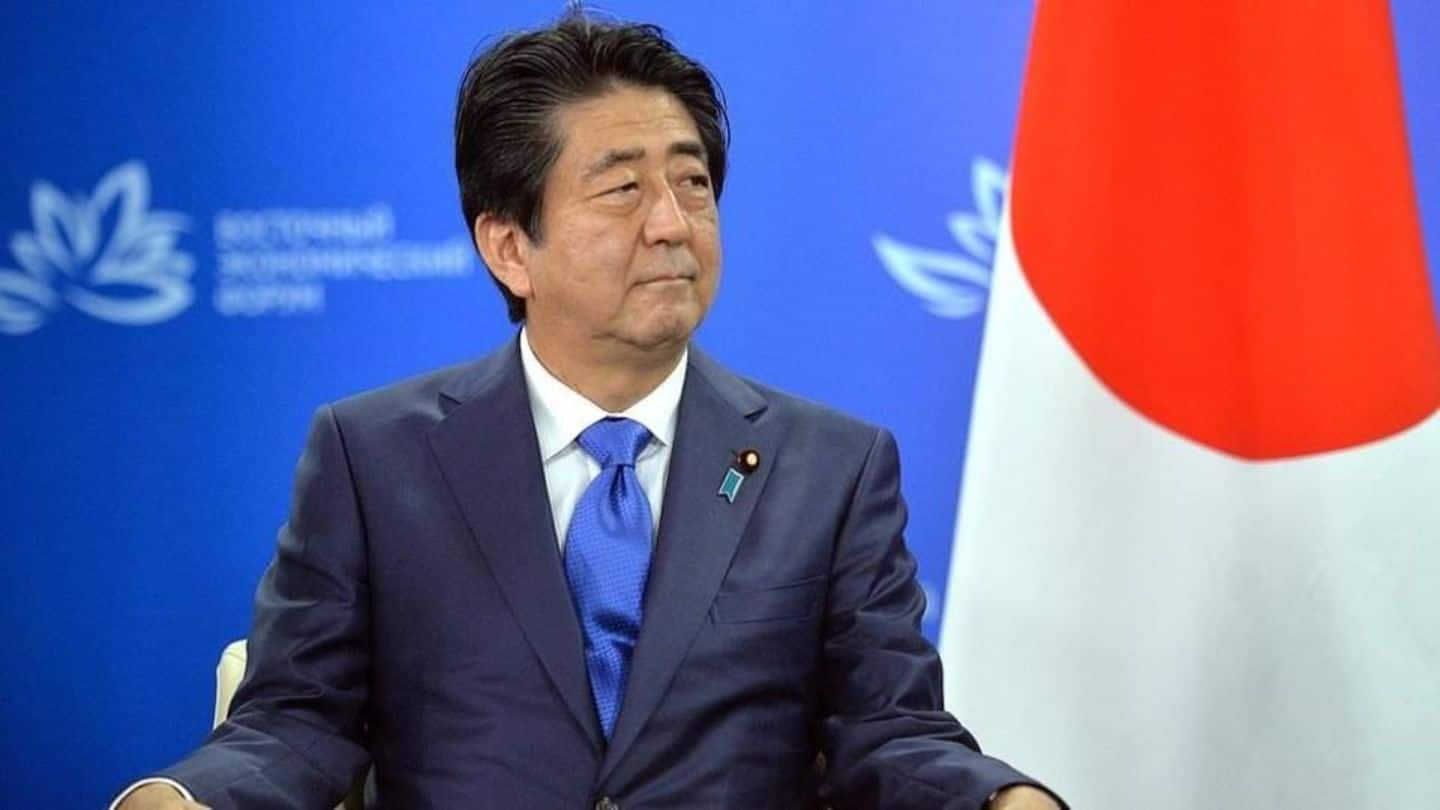
Japan's Abe gets re-elected as PM for the third time
What's the story
Japanese PM Shinzo Abe's Liberal Democratic Party and its coalition partner have won 312 out of 465 seats in the lower house of parliament, Diet. The decisive victory gives Abe the two-thirds majority required to push forward constitutional reforms. It also makes him Japan's longest-serving post-World War-II leader. Abe announced snap elections last month amid his soaring approval ratings and rising North Korean threats.
25 Sep 2017
Japan's Abe announces snap elections amid high approval ratings
On September 25, Japanese PM Shinzo Abe announced snap elections saying he needed a fresh mandate to deal with the "national crisis" facing the country. Abe also announced a $17.8 billion stimulus-package on education, debt reduction, and social spending. His election announcement appeared to be an attempt at capitalizing on his high approval ratings even as the opposition remained largely in disarray.
Twitter Post
PM Modi congratulates his "dear friend" Abe
Heartiest greetings to my dear friend @AbeShinzo on his big election win. Look forward to further strengthen India-Japan relations with him.
— Narendra Modi (@narendramodi) October 23, 2017
Why?
Why Abe decided to announce snap elections?
In July, Abe's approval ratings stood below 30% because his government was hit by a string of scandals and unpopular policies. His ratings surged to 50% in September thanks to his handling of North Korea's regular ballistic missile and nuclear tests. Experts believed the snap elections were meant to exploit his resurgent popularity even as his party continued to dodge allegations of cronyism.
For India
What Abe's win means for India?
Abe has long been a proponent of closer India-Japan economic and defense ties, which are crucial to counter their mutual insecurities from China's emerging power. He has forged a close personal relationship with PM Modi, which has so far been instrumental bringing India and Japan together. His victory would help continue the momentum in the Indo-Japan partnership in the coming years.
Way forward
What does Abe plan to do?
Abe will continue pushing for constitutional amendments to revise Japan's pacifism, which he believes is essential to strengthen the country's defense against emerging North Korean and Chinese threats. He will forge ahead with his Abenomics agenda which is characterized by a hyper-easy monetary policy, fiscal stimulus-driven growth and structural reforms. Abe will continue pushing for closer economic and military cooperation with India.